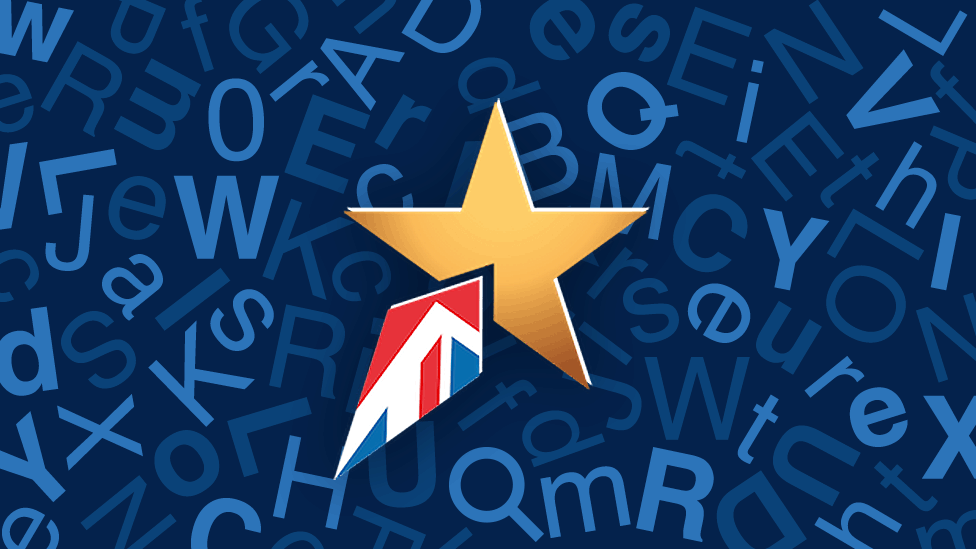Brexit plans centre stage in Queen's Speech
- Published
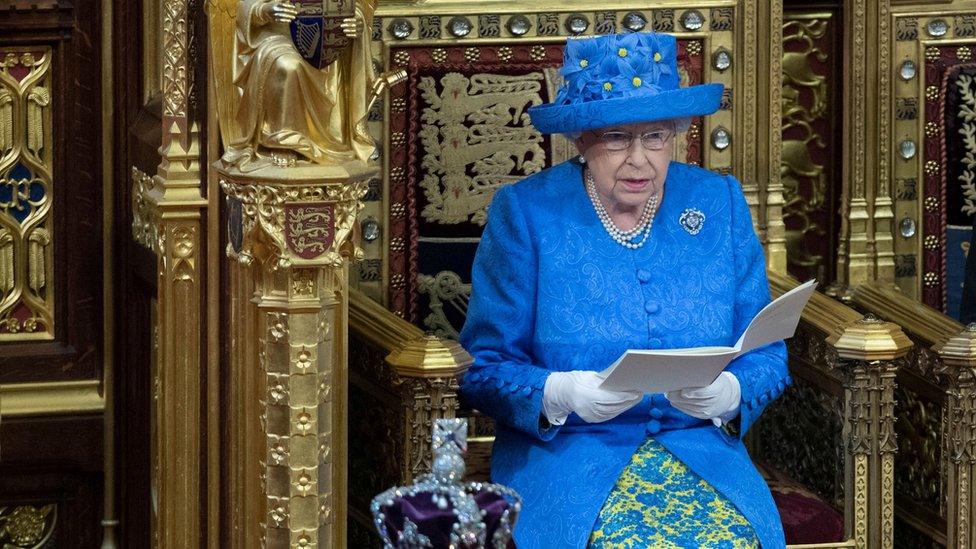
The Queen will outline the government's plans at the State Opening of Parliament
Measures to help the UK prosper after Brexit are to be set out in the Queen's Speech, the government has said.
Plans to end the free movement of EU citizens into the UK and provide faster access to medicines will be unveiled.
Ministers say a Brexit deal is a "priority" and they hope one can be passed through Parliament "at pace".
But the UK and EU are still involved in talks ahead of a key summit - with a Downing Street source saying they were "a long way from a final deal".
The UK is due to leave the EU at 23:00 GMT on 31 October and the European leaders' summit next Thursday and Friday is being seen as the last chance to agree any deal before that deadline.
Prime Minister Boris Johnson updated his cabinet on the progress of the talks in Brussels on Sunday, saying he believed there was a "way forward" but also "a significant amount of work" to do.
Speaking on the BBC's Andrew Marr Show, Home Secretary Priti Patel said she believed it was important for people to see Parliament delivering on the issues that matter to them.
She said: "Tomorrow you will see a Queen's Speech being announced - 22 new bills, working on the people's priorities, these are the types of issues that absolutely matter to the British public."
'Optimistic and ambitious'
The first Queen's Speech of Mr Johnson's premiership, delivered during the State Opening of Parliament on Monday, will see the government highlight its priorities.
Mr Johnson said: "Getting Brexit done by 31 October is absolutely crucial, and we are continuing to work on an exit deal so we can move on to negotiating a future relationship based on free trade and friendly co-operation with our European friends.
"But the people of this country don't just want us to sort out Brexit... this optimistic and ambitious Queen's Speech sets us on a course to make all that happen, and more besides."
The government says the Queen's Speech will outline 22 bills including some that will introduce measures to allow the UK to "seize the opportunities that Brexit presents". The proposals include:
An Immigration and Social Co-ordination Bill to end freedom of movement and bring in a points-based immigration system from 2021. EU citizens arriving after January 2021 would be subject to the same immigration controls as non-EU citizens, based on people's skills. The immigration status of Irish citizens will be clarified once free movement rules are removed. It would also allow for changes to current rules for access to benefits for EU nationals.
Scrapping the rail franchise system - the contracting out of services introduced when the rail system was privatised in the 1990s. Reforms will focus on getting trains to run on time, a simplified fares system, a new commercial model and industry structure, and new proposals for a skilled, diverse and engaged workforce.
Plans for an independent NHS investigations body with legal powers - the Health Service Safety Investigations Body (HSSIB) - intended to improve patient safety, and a pledge to update the Mental Health Act intended to reduce the number of detentions made under the act.
An environment bill that will set legally binding targets to reduce plastics, cut air pollution, restore biodiversity and improve water quality.
There are also proposals to tackle serious and violent crime, improve building standards, and increase investment in infrastructure and science.
The government said if it can strike a deal with the EU, it will introduce a withdrawal agreement bill and aim to secure its passage through Parliament before 31 October.
But Labour has criticised the decision to hold a Queen's Speech before any general election as a "stunt".
Party leader Jeremy Corbyn told Sky News: "Having a Queen's Speech and a State Opening of Parliament tomorrow is ludicrous. What we have got in effect is a party political broadcast from the steps of the throne."
The government does not have a Commons majority but Conservative Party chairman James Cleverly is urging opposition MPs not to reject the Queen's Speech - saying they should "put differences over Brexit aside and give Parliament the power to get our country moving forward".

Timeline: What's happening ahead of Brexit deadline?
Monday 14 October - The Commons is due to return, and the government will use the Queen's Speech to set out its legislative agenda. The speech will then be debated by MPs throughout the week.
Thursday 17 October - Crucial two-day summit of EU leaders begins in Brussels. This is the last such meeting currently scheduled before the Brexit deadline.
Saturday 19 October - Special sitting of Parliament and the date by which the PM must ask the EU for another delay to Brexit under the Benn Act, if no Brexit deal has been approved by Parliament and they have not agreed to the UK leaving with no-deal.
Thursday 31 October - Date by which the UK is due to leave the EU, with or without a withdrawal agreement.
- Published17 July 2024
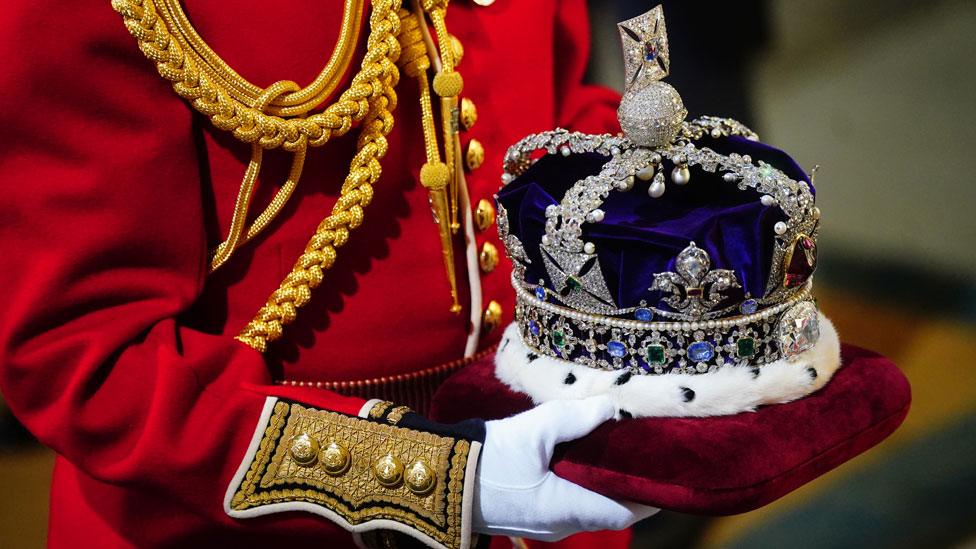
- Published12 October 2019
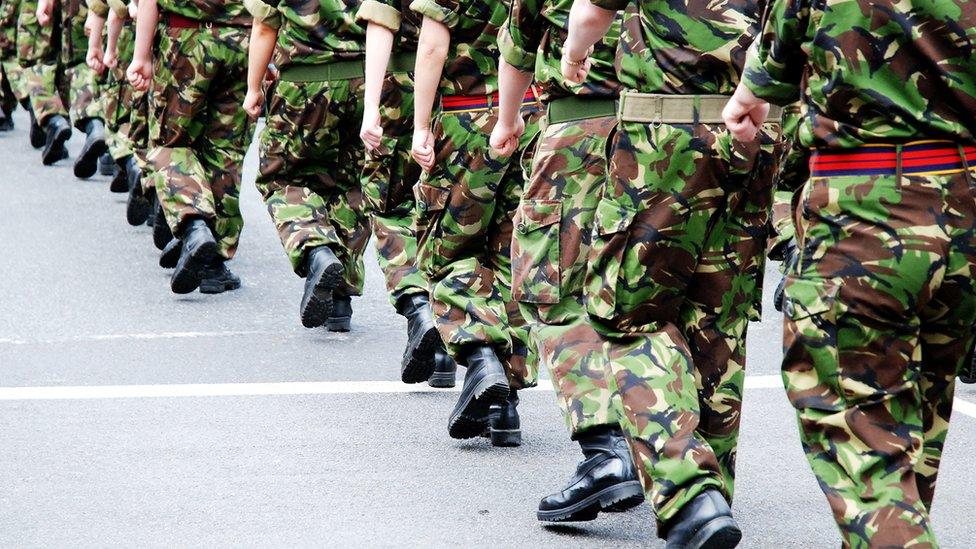
- Published12 October 2019
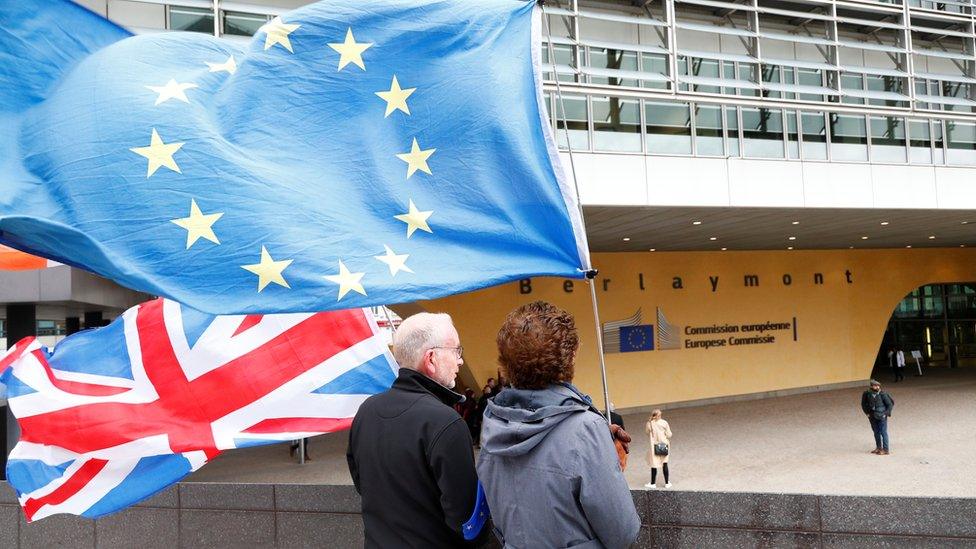
- Published11 December 2020
